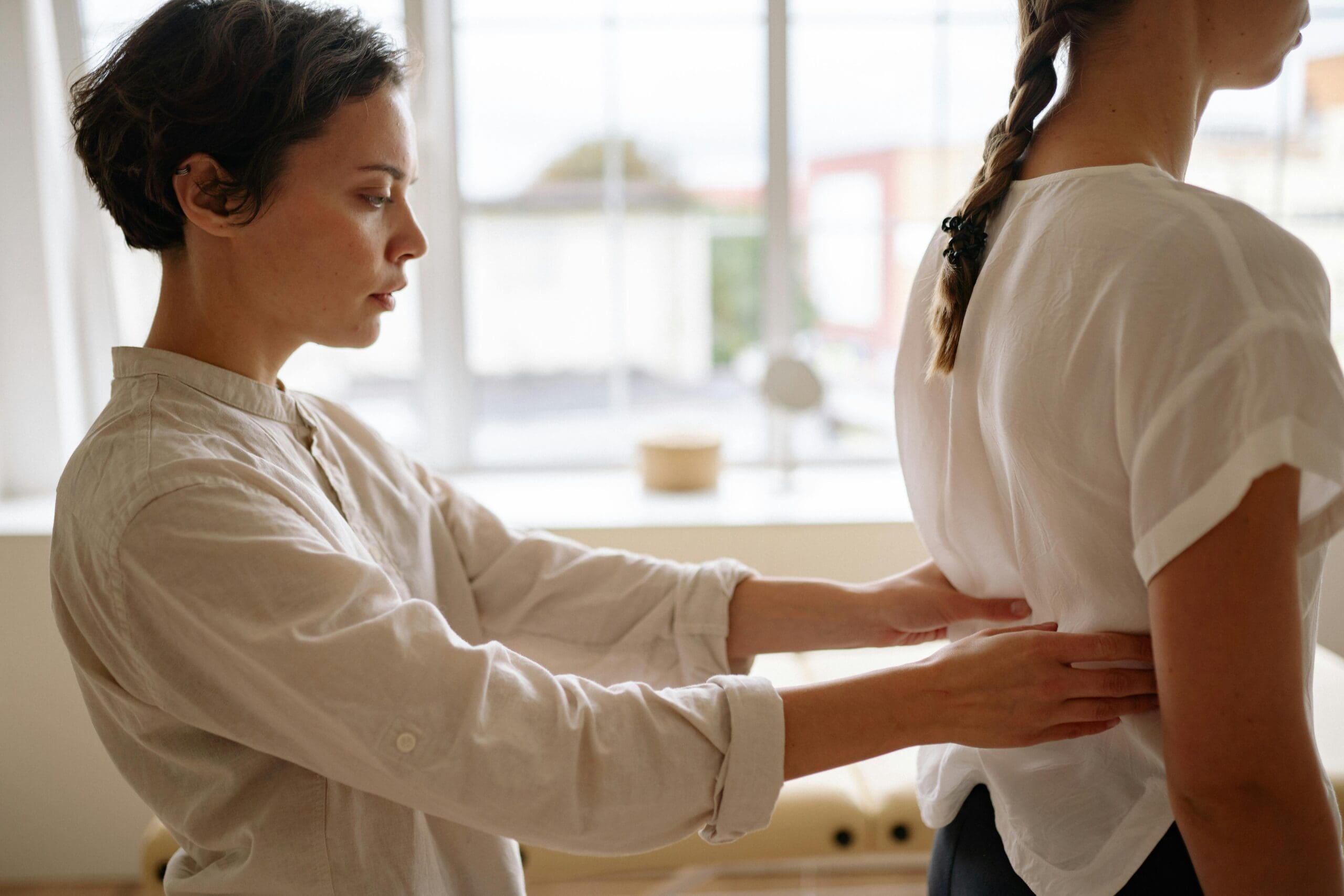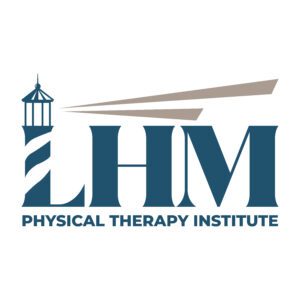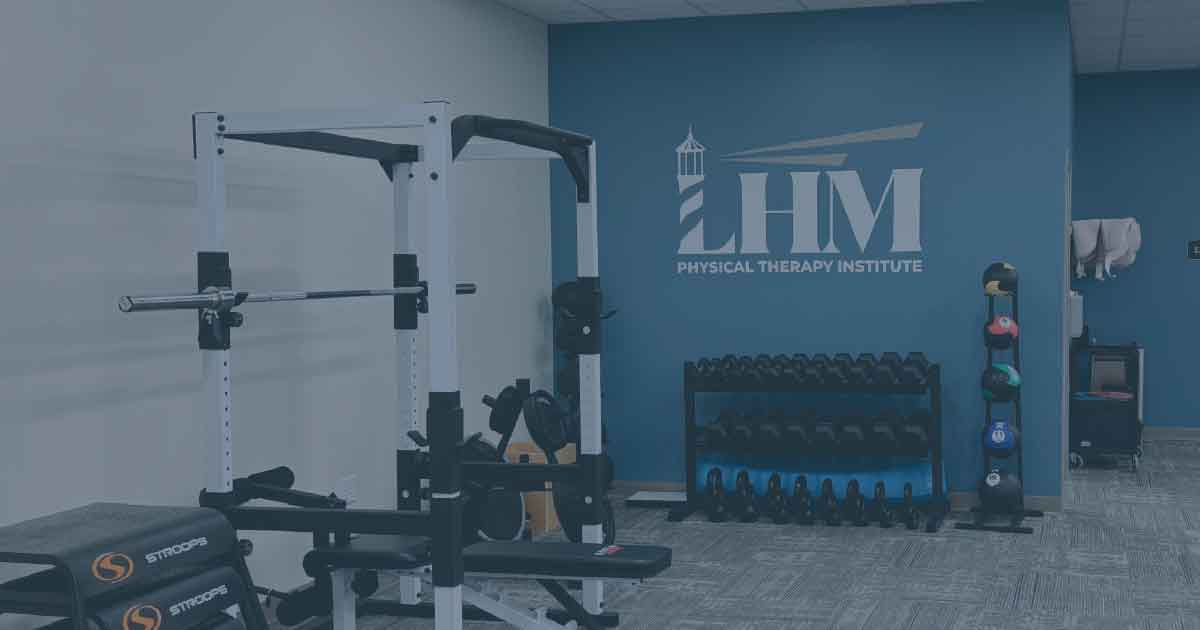
How Pelvic Health Physical Therapy can help Postpartum Moms
Reclaim Your Wellbeing
Becoming a mom is a beautiful and transformative experience, but it also comes with its fair share of challenges, especially when it comes to postpartum recovery. Many moms may face various pelvic health limitations following childbirth, which can impact their quality of life.
At LHM Physical Therapy Institute, we understand the unique needs of mothers and the importance of providing effective solutions. In this blog post, we will discuss five common postpartum symptoms that outpatient pelvic health rehabilitation can help with, and help regain strength, confidence, and well-being.
- Urinary Incontinence
Urinary incontinence can occur after giving birth. It can range from having urinary leakage with sneezing, coughing, laughing, and exercise to other activities such as walking and with urinary urgency. Outpatient pelvic health rehabilitation offers specialized exercises and techniques to strengthen the pelvic floor muscles, enabling women to regain control over their bladder and minimize or eliminate incontinence.
- Pelvic Pain
Childbirth can lead to pelvic pain and discomfort, which can make daily activities a challenge. Pelvic pain can also occur with intimacy. Outpatient pelvic health rehabilitation can help identify the underlying causes of pelvic pain and develop personalized treatment plans to relieve discomfort and improve overall pelvic health. Pelvic Health Physical Therapists can address muscle imbalances, scar tissue, and joint dysfunction that may be contributing to pelvic pain.
- Pelvic Organ Prolapse
Pelvic organ prolapse can manifest as pelvic pressure where pelvic organs (such as the bladder, uterus, or rectum) can descent or move from their original position. Pelvic health rehabilitation provides non-surgical options including exercises, education, lifestyle modifications, and guidance on managing and decreasing prolapse.
- Diastasis Recti
Diastasis recti is separation of the abdominal muscles that commonly occurs during pregnancy and may persist postpartum. Pelvic health rehabilitation offers specialized exercises and guidance to help moms safely and effectively decrease the separation between their abdominal muscles, regain core strength, and educate on how to safely lift and perform parental activities.
- Scar Tissue Management
Cesarean section or episiotomy scars can be a contributing factor for discomfort. A pelvic health rehabilitation program can include scar tissue management, including massage and stretches to improve the tissue’s pliability and function. This helps to reduce pain and enhance your mobility.
Becoming a mom is a remarkable journey, and taking care of your pelvic health is an essential part of that experience. Outpatient pelvic health rehabilitation can provide valuable solutions to common postpartum pelvic floor symptoms and help mothers reclaim their wellbeing.
At LHM Physical Therapy Institute, we are dedicated to supporting and empowering moms on their path to recovery. Our team of experienced therapists are dedicated to providing personalized care and support on your postpartum journey.
You are not alone; we are here to help you achieve your goals!






